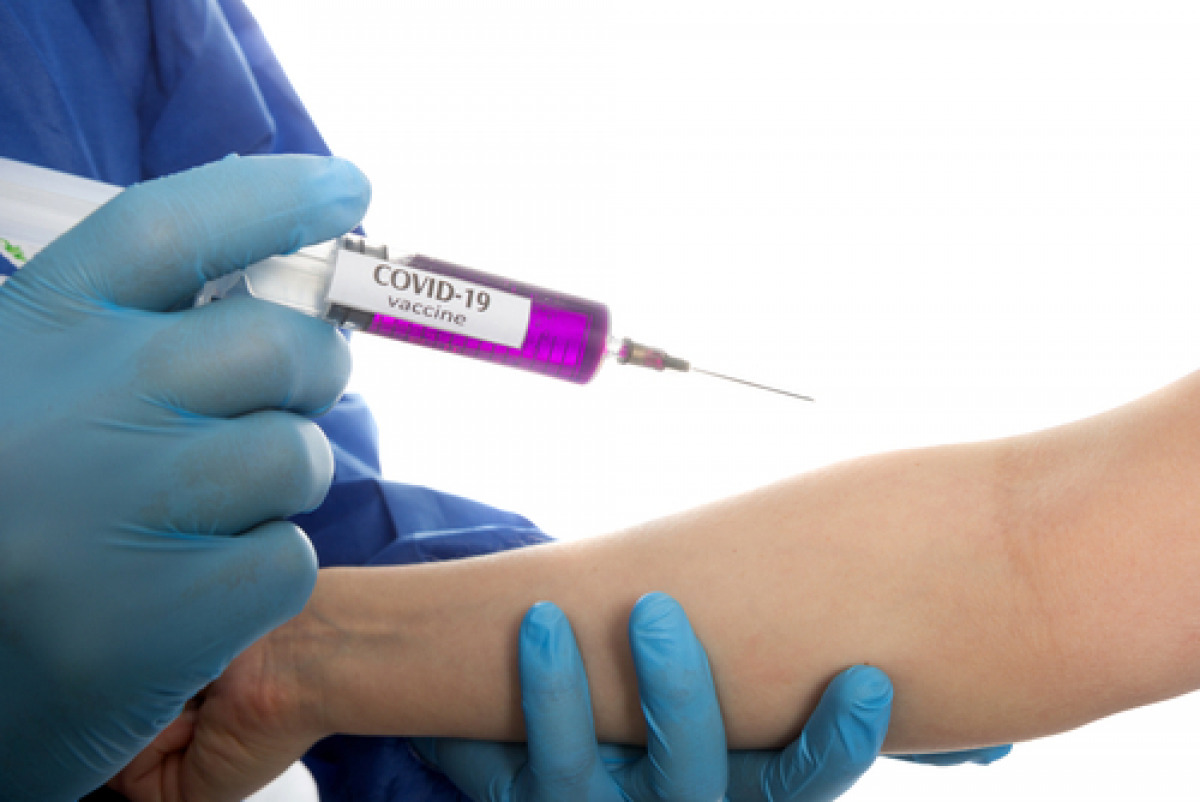The UK withdrew from the European Union on January 31, but until the end of the current transition period, which ends on December 31, much of the previous set of trade rules remained in place in bilateral trade.
However, the British and European Union negotiating delegations have yet to reach an agreement on the terms of the future relationship regime, in particular the Free Trade Agreement, which has been identified as a priority. In the absence of a trade agreement, tariffs and other non-tariff barriers will hamper trade between the UK and the EU from January.
MHRA announced Wednesday that it has authorized a vaccine jointly developed by Pfizer and BioNTech against the new type of coronavirus, with the first shipment arriving over the weekend from the Pfizer plant in Belgium.
Pharmacovigilance chief executive John Ryan told BBC Television on Sunday that the vaccine would reach everyone in the UK, regardless of the outcome of trade talks with the European Union.
Professor Ryan told the BBC: “Whatever the outcome of the negotiations, and whatever agreement is reached, the Ministry of Health and Population will ensure that medicines, medical equipment and vaccines reach everyone in every corner of the country without any disturbance.”
The vaccination campaign will start in the UK on Tuesday, with 800,000 doses of the vaccine available in the first round.
London has so far ordered 40 million doses of the Pfizer / BioNTech vaccine.
According to British Health Secretary Matt Hancock, millions of these will arrive as early as December.
Hancock told the conservative British newspaper The Sunday Telegraph that he hoped the vaccination campaign would start quickly meaning the UK could start lifting current restrictions to curb the pandemic before the end of March.
“There will come a moment when we can set a date for lifting restrictions,” the health minister said, adding that it was not possible to say this until two weeks ago.
MTI












































